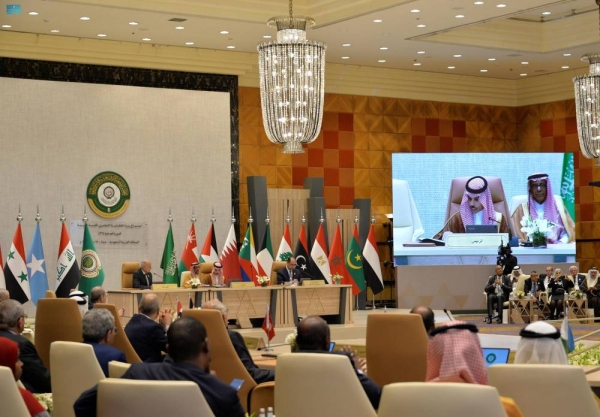
A race among regional, international and local parties has been running in full-throttle mode to win over the support of Arab tribes in eastern Syria. But elsewhere, Americans have been working to contain an ethnic Arab-Kurdish clash from erupting in the Deir Ezzor province.
Tensions in the eastern province have become prevalent, leading to massing protests in a string of Arab towns resting on the eastern banks of the Euphrates River.
For the Damascus-based regime, cracks among Arab-Kurdish communities offers the environment needed to breakdown or weaken the West-backed Syrian Democratic Forces (SDF), an umbrella organization which includes both Arab and Kurdish opposition forces.
For the Bashar Al-Assad regime in Syria, other than Turkey-backed extremists in the north, the SDF is the last substantial opposition.
Spearheaded by the Kurdish People’s Protection Units (YPG), the SDF has a 60,000-strong army which played a major role in making anti-ISIS operations led by the Washington-led International Coalition successful.
A few days ago, residents of Deir Ezzor said demonstrations took place from Busayrah to Shuhail, a strategic oil belt in the heart of Arab tribal territory, east of the Euphrates. Protesters were vocal in their demands for improved living conditions next to the freezing of all oil imports sent to the country’s west Euphrates territories, which are under Russian and Iranian sponsored regime control.
Tribal chiefs issued a statement that said: “Preserving the unity of Syrians, and considering recent demonstrations in which the inhabitants of Deir Ezzor came out against the conduct of SDF, we call for both providing the means for a decent civilian life and halting the export of our regions oil and hydrocarbons to areas controlled by the Assad regime and elsewhere.”
The SDF, according to protesters, accuse any form of dissent of ISIS-affiliation. Arabs of the region have blasted the claim as terribly biased and redundant at best.
Responding to recent protests, SDF Kurdish officials admitted to the shortfall of civil services in areas under their control, but alluded to security realities being the main driver.
“It is true that some public services are deficient, but the areas have only been recently liberated from ISIS… Work is underway to provide locals with services,” a Kurdish official, speaking under the conditions of anonymity, told Asharq Al-Awsat.
“The priority now is to ensure security and stability to fight ISIS remnants,” they highlighted.










